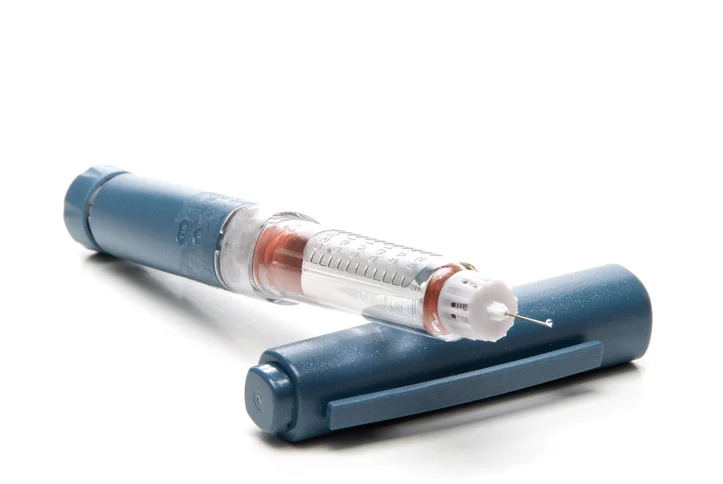Avoid these mistakes preventing insulin from doing its job
/For those with type 2 diabetes, at some point, some may have to rely on insulin therapy. Usually this happens if their pancreas is either not making enough insulin or their bodies are not responding well to the insulin it is producing. The purpose of using insulin is to help them to use or store blood glucose (sugar) properly, in order to keep their blood sugar levels in a healthy range which can help prevent serious complications.
To help insulin be as effective as possible, it is not just a matter of remembering to give themselves daily injections, expecting insulin to magically do its job. If blood glucose control is still a struggle then it’s time to look at other factors that could be sabotaging the success of insulin’s capability.
To avoid minimize and avoid mistakes made with insulin, here are several factors that could be preventing insulin from doing its job:
· Forgetting to check blood sugar – Regular blood sugar checks are a must. They help show how well the body is responding to medications, food, and lifestyle. By knowing what blood sugars are, it can help the doctor determine the right amount of insulin to prescribe. Not checking blood sugar levels to make sure they are in a healthy range can increase the risk of complications such as heart, kidney, or eye disease. Keep the meter readily accessible which can be a reminder to use it.
· Too many late nights – It’s fun to stay up late watching the late night comedy shows but studies have shown a lack of sufficient or having an erratic sleep schedule is associated with insulin resistance. In fact, getting less than 5 hours of sleep a night lowers the body’s sensitivity to insulin by 16%. On top of that, sleep deprivation triggers the release of hormones causing food cravings leading to overeating. Instead of staying up late, take advantage of on-demand and streaming services like Netflix and Hulu to watch programs at a more reasonable hour.
· Missing insulin doses – Miss an insulin dose, and blood sugar is bound to rise. A top priority is to always remember to take insulin. It is wise to consider keeping an extra set of your insulin supplies at work or in a bag making it accessible no matter where a person is at.
· Sitting too long – Stationary positions from long car rides, to a desk job to being a couch potato can wreak havoc with metabolism, causing blood sugar to rise, especially after a meal. The logical solution is to move more and it doesn’t necessarily require vigorous exercise to counter the effect of prolonged sitting. Make it a habit of getting up at least every hour for a few minutes to grab a glass of water or do some other activity that gets you moving. Even just taking a 10-15 minute walk after a meal can do wonders for blood sugar levels.
· Drinking coffee all day – A study in Diabetes Care found three cups of coffee or more can lower insulin sensitivity by about 15%. The reason is caffeine in coffee triggers the release of adrenaline, a hormone that disrupts the body’s use of insulin. One can still have their cup of java but limit caffeinated coffee to one cup a day, then switch to decaf. Compounds found in coffee can actually aid insulin sensitivity but it’s the caffeine that’s the culprit.
· Making poor food choices – Foods high in refined carbohydrates and sugary drinks will quickly raise blood sugar levels since they won’t match up with the insulin dose which is based on eating meals of a similar size with similar carbohydrate content. Rather, choose high-fiber and less processed carbohydrates such as fresh fruits and veggies, beans, nuts, and whole grains to balance out meals keeping blood sugar stable.
· Not building muscle mass – A good workout for the heart is always recommended but muscles need love and attention too. Performing resistance exercises regularly helps build and maintain lean muscle mass which can improve insulin sensitivity. Lifting weights, performing push-ups, using hand weights or simply walking up and down stairs repeatedly is a good practice.
· Skipping meals – Anyone taking rapid-acting insulin and forgets to eat a meal or eats less than expected can experience a dangerously low drop in their blood sugar. Be sure to discuss with your doctor or diabetes educator about how much and when to take the insulin prescribed.

